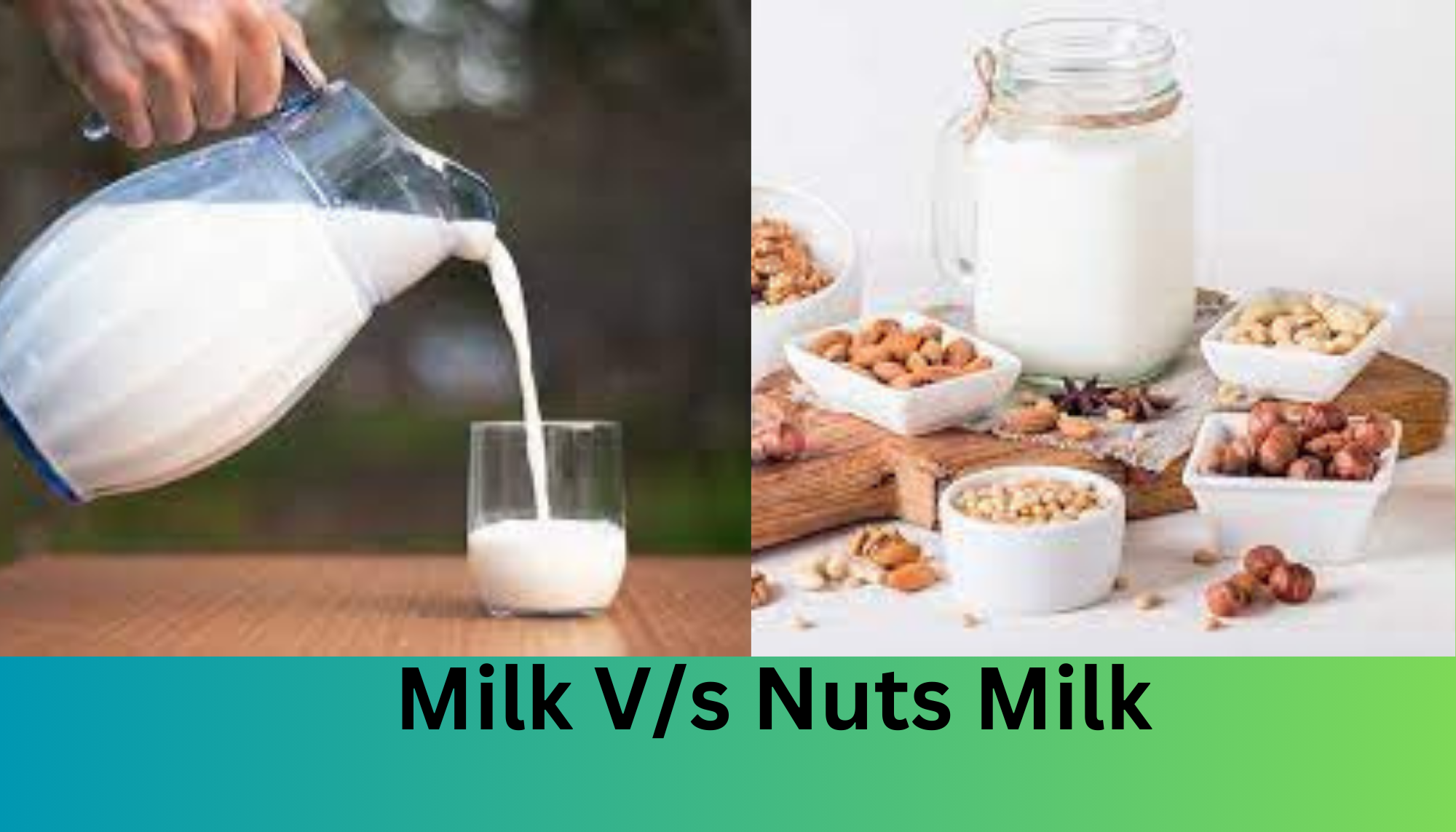Comparing sugar and stevia involves several aspects, including their impact on health, safety, and usability. Here’s a breakdown of the two sweeteners:
1. Caloric Content:
- Sugar: High in calories, providing about 16 calories per teaspoon.
- Stevia: Virtually calorie-free, as its compounds are not metabolized for energy.
2. Blood Sugar Impact:
- Sugar: Can cause rapid spikes and crashes in blood sugar levels.
- Stevia: Generally does not impact blood sugar levels, making it a potential option for people with diabetes.
3. Health Concerns:
- Sugar: Overconsumption is linked to obesity, type 2 diabetes, tooth decay, and other health issues.
- Stevia: Generally considered safe for most people, but some individuals may experience gastrointestinal issues or mild reactions.
4. Safety:
- Sugar: Safe for consumption in moderate amounts, but excessive consumption can lead to health problems.
- Stevia: Approved by regulatory agencies, such as the FDA, when consumed within acceptable daily intake levels.
5. Natural vs. Artificial:
- Sugar: Naturally derived from sugarcane or sugar beets.
- Stevia: Derived from the leaves of the Stevia rebaudiana plant. It is often considered a natural alternative to artificial sweeteners.
6. Taste Profile:
- Sugar: Provides a traditional sweet taste and can contribute to the texture and structure of baked goods.
- Stevia: Can have a slightly bitter or licorice-like aftertaste, especially in larger quantities or in certain products.
7. Usability in Cooking and Baking:
- Sugar: Plays a crucial role in the chemistry of baking, contributing to browning, texture, and structure.
- Stevia: Can be challenging to use in baking due to its lack of bulk and caramelization properties. Blending with other sweeteners or bulking agents is often necessary.
8. Availability:
- Sugar: Widely available and commonly used in a variety of food products.
- Stevia: Increasingly available as a standalone sweetener and is also used in various processed foods and beverages.
9. Environmental Impact:
- Sugar: Production can have environmental implications, including land use, water consumption, and pesticide use.
- Stevia: Generally considered to have a lower environmental impact compared to sugar.
Conclusion: Both sugar and stevia have their pros and cons. Stevia can be a healthier alternative for those looking to reduce calorie intake and manage blood sugar levels. However, it’s important to note that individual preferences, dietary needs, and health considerations play a significant role in determining which sweetener is best for you. Moderation is key, and consulting with a healthcare professional or registered dietitian can help you make an informed decision based on your specific circumstances.





Everything is very open with a precise description of the issues. It was really informative. Your website is very helpful. Many thanks for sharing!